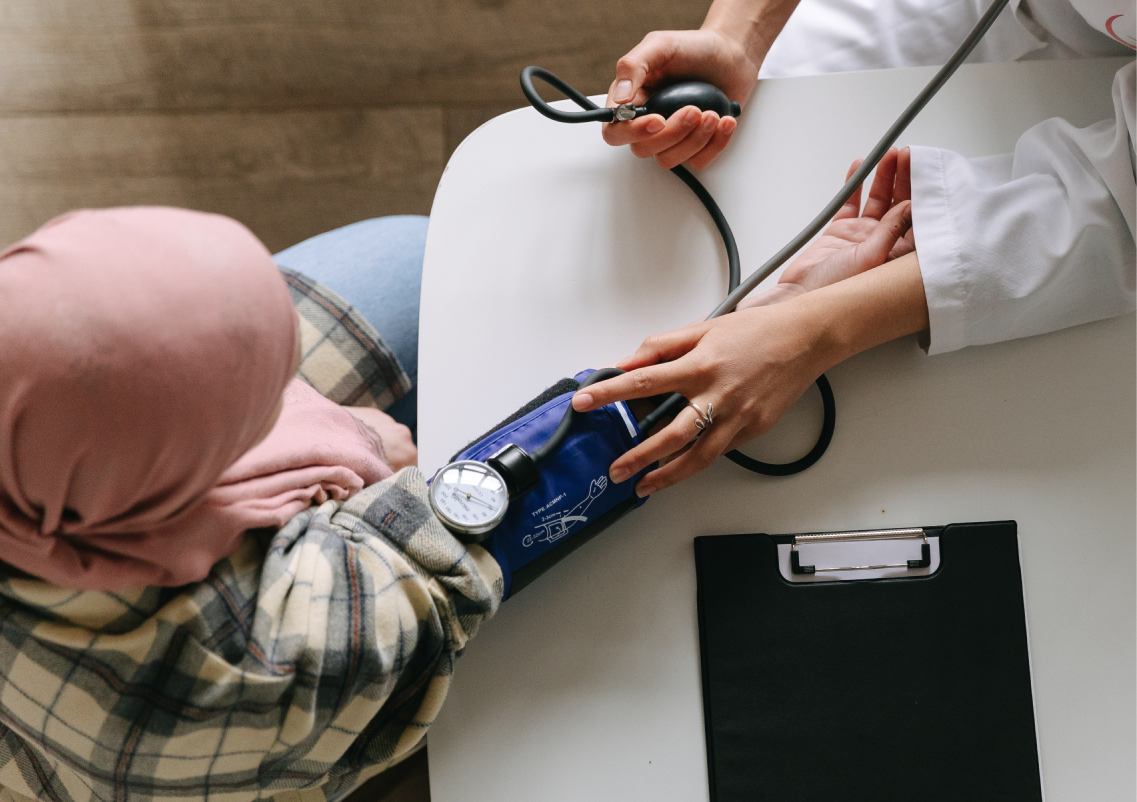
Taking Part in a Trial
Patients who take part in clinical trials may be among the first to benefit from the latest cancer treatments that are not yet available through other means. If you are interested in finding out more about the possibility of joining a cancer trial, the first thing to do is ask your doctor and other healthcare providers, who can help you decide whether taking part in a trial is suitable for you and is in your best interest.
Am I eligible for a trial?
Not all patients, even those with the same type of cancer, are suitable for all trials.
Trials often require patients who have similar characteristics such as age, sex, cancer stage, previous treatments, and other medical conditions. As a result, trials have strict eligibility criteria. This means that while some people may be eligible to participate, others may not meet the requirements and therefore cannot take part.
You may also need to undergo a medical examination and additional tests to determine your eligibility for the trial.
Making a Decision
If you are eligible for a trial, deciding whether to participate can be challenging. Here are some factors to consider:
Asking questions and seeking clarifications can help you weigh the pros and cons.

Before starting your treatment:
You will be given a detailed patient information sheet to read. If you have any questions after reviewing the information, don’t hesitate to ask your doctor or nurse.
After reading the patient information sheet and discussing with the medical team, you will be asked to provide informed consent. This means that you fully understand the trial and agree to participate.
Giving informed consent signifies that you understand the trial and willingly agree to participate. You cannot take part in a clinical trial without providing your consent. If you decide to participate, you will be given a consent form to read.
The consent form explains:
- The purpose of the trial
- The intended goals
- Possible side effects and risks
- The reason you were invited to participate
Not all patients, even those with the same type of cancer, are suitable for all trials.
Trials often require patients who have similar characteristics such as age, sex, cancer stage, previous treatments, and other medical conditions. As a result, trials have strict eligibility criteria. This means that while some people may be eligible to participate, others may not meet the requirements and therefore cannot take part.
You may also need to undergo a medical examination and additional tests to determine your eligibility for the trial.

What if I want to leave the trial?
You have the right to withdraw from a clinical trial at any time. If the doctor or nurse believes that the trial would provide long-term benefits for you, they will discuss this with you and provide clear information. However, the final decision to continue or withdraw from the trial rests with you. If you decide to discontinue your participation, you will be offered the standard treatment as an alternative.

Where can I find the trials available in Ireland?
Cancer Trials Ireland provides further information about ongoing trials in Ireland.
Contact a cancer
trials unit
Cancer trials are conducted in hospitals across the country. If you have a query a good place to start is our partners at the Irish Cancer Society Cancer Support Line – Freefone 1800 200 700. This information service is staffed by experienced cancer nurses.
Alternatively, you can contact the Team Leader of any cancer trials unit. Visit Cancer Trials Ireland for a full list of addresses or phone numbers








